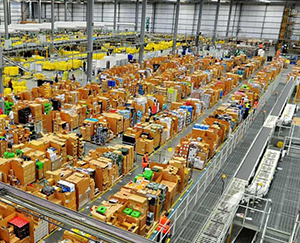
It’s going to be the boringest, most plausible solutions that save us, part the infinity.
No tech/some tech/even with tech, the radical ideas are already here, sitting… waiting. In a discussion with colleagues about the twin scourges of traffic congestion and parking strife permanently visiting our otherwise sleepy little burg, the needless importation of already-existing strategies (get it?) eludes us in favor of trying to think of different ways to evade the problem. We’re not doing that, precisely, but trying to think of ways to incentive the creation of more surface parking instead of how to have less cars is a different kind of plague. Fortunately, we already have a rested and ready vaccine: the carpool.
It’s a word for when more than 1 person rides/drives together from/to like destinations like work or school.
We then ask our eternal question: is there an app for that?
The car sharing system merges several new people into one car, which leads to meeting new people in one car, and reduces air pollution and noise pollution. The car sharing system saves the economy of each person as they share their rides and also share the cost with the other member by car. This will stop spending endless money on travel. The growth of the global carpooling market is mainly driven by the growing demand for time and cost-saving transportation facilities. A government initiative to promote carpooling due to increasing road congestion is expected to boost market growth.
But I am serious about this. Make it a game, a competition. Give people money, time off, commemorative sweatshirts, rock show tickets, whatever. Just help get us out of cars.

